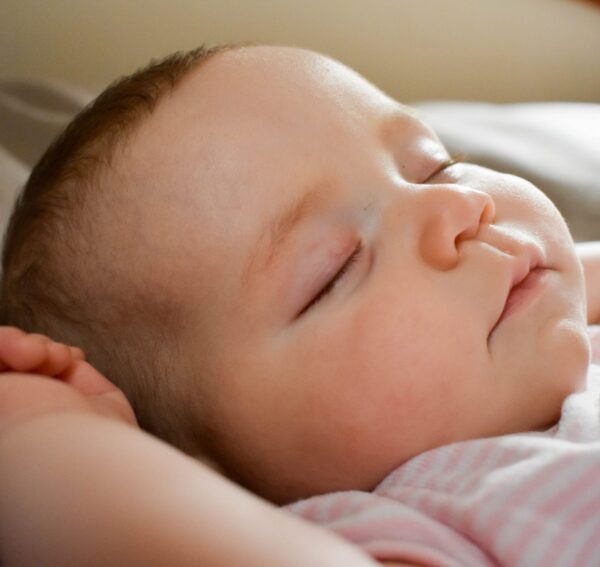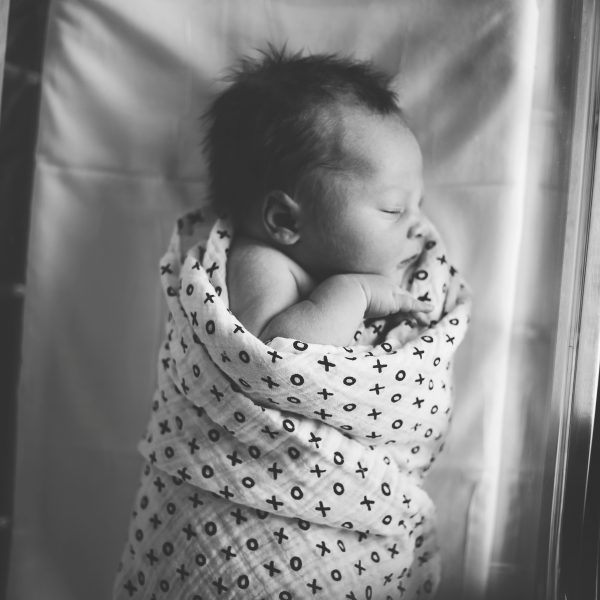Safe sleeping and educator qualifications highlighted in Coroners findings

Readers are warned that the content in this article discusses the death of a young child whilst in care, and that this content may be distressing for some.
The Queensland Coroner’s Court handed down findings last week in relation to the 2015 death of a child who was attending a family day care (FDC) service in Moorooka, Queensland, finding that safe sleeping conditions, educator qualifications and supervision policies were elements to be considered in determining the cause of the child’s passing.
In handing down the findings, Queensland Deputy State Coroner John Lock said the number of children present in the service had not necessarily been a factor in the child’s death, but that this also was to be considered. At the time of the child’s passing, the Australian Broadcasting Commission (ABC) reported that the educator was allowed to have four children under school age in her care, however seven children were found on the property.
The findings handed down by Mr Lock noted “The limitation of the number of children a family day care carer has to educate and supervise has been put in place for a reason,” before saying the child who passed away had been placed in a partially erected portable cot, in a closed room, with a loose towel covering him, and had not been checked on for at least 30 minutes, which breached policy.
Mr Lock ruled that the cause of death for the five month old was sudden infant death syndrome (SIDS), category two.
Current safe sleeping recommendations from Red Nose for children aged under six months of age recommend that babies are placed on their back to sleep, with head and face uncovered. Babies should be placed in a cot that meets Australian Standard for Cots (AS/NZS 2172) carrying a label which confirms this. Babies should not be in a sleeping environment with pillows, doonas, loose bedding or fabric, lambs wool, bumpers or soft toys.
Red Nose does not recommend a specific room temperature for safe sleep, but does note the following in relation to safe sleep temperatures and ventilation in children’s sleep spaces:
Thermal stress (overheating) has been implicated in sudden unexplained death in infancy (SUDI) for many years and avoiding overheating has been one of the strategies to reduce the risk of SUDI.
With the advent and marketing of nursery thermometers and suggested bedding configurations, parents may think they must maintain a specific room temperature in order to reduce the risk of SUDI.
In Australia, it is usually not necessary to measure room temperature.
There is some evidence to show that very high environmental temperatures may increase the risk of SIDS, with a recent study reporting that maximum daily outdoor temperatures greater than 29°C recorded in Canada between 1981 and 2010 were associated with a 3 times greater odds of SIDS compared to 20°C. There was a higher odds ratio in older babies aged 3-12 months compared to younger babies aged 1-2 months.This finding is in contrast to earlier studies which did not find any increased rates of SIDS during a heat wave in the USA or in relation to elevated maximum temperatures in Taiwan.
With regards to the use of a fan in the baby’s bedroom, a case controlled study of 185 SIDS babies and 312 controls found that the use of a fan was associated with a 72 per cent reduction in SIDS risk.The reduction in risk was more pronounced in adverse sleeping environments. For example, when room temperatures were greater than 21°C, there was a 94 per cent decreased risk of SIDS compared to no fan use. Fan use was also associated with reduced SIDS risk at lower room temperatures less than 21°C. The mechanism for this protective effect is unknown, but the authors suggested that fan use may reduce rebreathing of exhaled carbon dioxide trapped near a baby’s airway by bedding.
To date, there is no evidence to show that maintaining a specific room temperature prevents SUDI and that thermal factors are implicated in SIDS as long as:
- The baby is placed to sleep on the back
- The baby is dressed appropriately for the room temperature (not over or under dressed)
- The baby’s head and face remain uncovered.
In handing down his findings, Mr Lock said it was unclear whether the carer had ever “read or absorbed the detail of the policy” in relation to safe sleep, going on to highlight the fact that FDC educators only had to demonstrate enrolment in a Certificate III qualification to provide services. He recommended that the Ministerial Council and the Australian Children’s Education and Care Quality Authority (ACECQA) consider requiring that all educators hold a Certificate III before caring for children.
The National Quality Framework review has noted the following in relation to FDC environments, and qualification requirements:
A person who is ‘actively working towards’ a qualification can be recognised as having that qualification for the purposes of meeting staffing requirements. Governments have identified instances where a person who is ‘actively working towards’ a qualification does so for a prolonged period of time, with no substantial progress being made to achieving the relevant qualification. In particular, this may have potential impacts on the educational outcomes for children attending FDC services due to the relative isolation of FDC educators compared to educators in a centre-based service.
Mr Lock emphasised that it was not possible to determine that any of the risk factors he raised, and which were present, were directly causal to the child’s death, before adding:
“What can be said is recommendations as to sleeping environment and supervision to reduce risk factors … have been developed over many years for a reason and these policies were not applied in the tragic circumstances.”
He “considered there is some value in making a specific recommendation about ensuring information about safe sleeping practices/SIDS…being given to parents, rather than just being described in a policy that is tucked away in an approved providers/educator’s induction materials.”
Family Day Care Australia (FDCA) CEO Andrew Paterson said the organisation was deeply saddened by the tragedy, saying that children’s safety was paramount in the National Quality Framework, Standards, and Qualifications Framework, to ensure that all children are safe within early childhood education and care services in Australia.
Mr Patterson noted the recommendations made by Mr Lock in relation to changes to the National Law and the National Regulations to require all FDC educators to hold a Certificate III in Children’s Services before they commence caring for children, saying “this is already under consideration by the NQF Review team, as outlined in the 2019 NQF Review Issues Paper, which was also released for public consideration yesterday”.
Mr Patterson outlined that the FDCA would be consulting with the FDC sector in relation to this matter, as part of their response to the first stage of the 2019 NQF review.
Popular

Quality
Practice
Provider
Workforce
Reclaiming Joy: Why connection, curiosity and care still matter in early childhood education
2025-07-09 10:00:07
by Fiona Alston

Policy
Practice
Provider
Quality
Research
Workforce
Beyond the headlines: celebrating educators and the power of positive relationships in early learning
2025-07-07 10:00:24
by Fiona Alston

Workforce
Policy
Quality
Practice
Provider
Research
ECEC must change now, our children can’t wait for another inquiry
2025-07-02 07:47:14
by Fiona Alston













